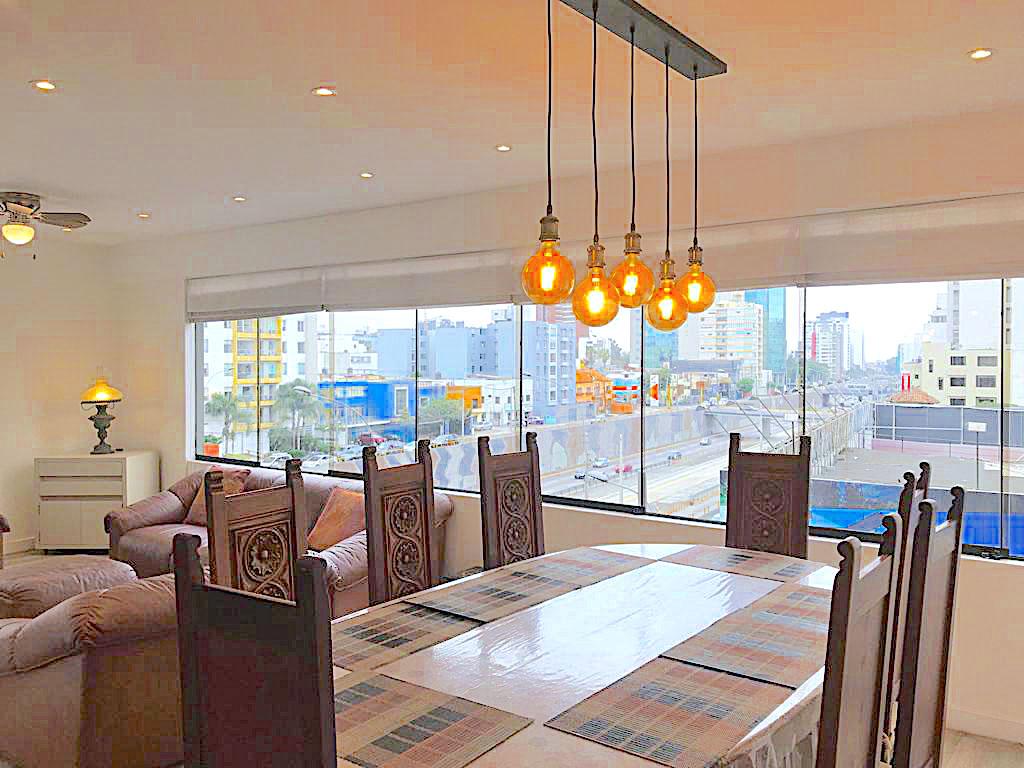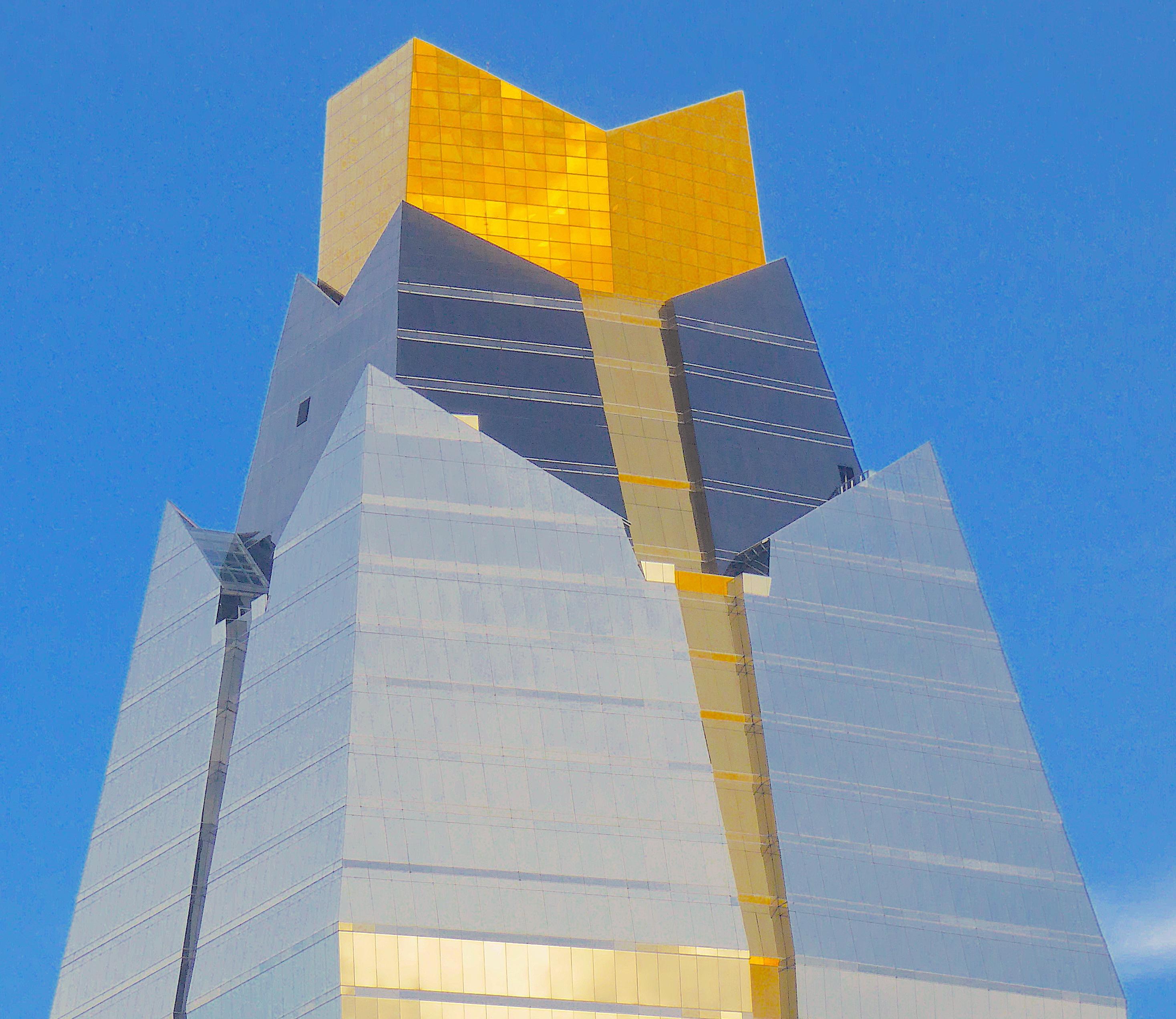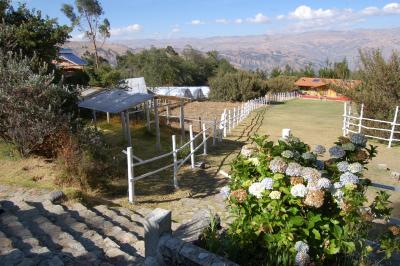Premier Casa Peru has properties in all sectors of the real estate market and order to find your perfect future property the first step is to decide for what classified type of property you are searching for:
• Residential: Residential property is real estate which has been developed and built for living for example condominiums, townhomes, city apartments and much more. Huacas or Miraflores are only two of our wide range of high-class areas in downtown Peru where you will find our stunning apartments with amazing views to the Pacific Ocean and to the beach .
• Commercial: Commercial property commonly refers to either buildings or land intended to be used for any kind of business activity which include for instance office spaces, retail spaces, industrial spaces or land for prospective projects to generate profit. A three story building located in the main street of Lima offers plenty of space for your future investment projects in Peru.
• Farms: Our properties such as in Tocache, in San Martin incorporate everything from farms in with a stunning mountain view, ranches and residential land for sale to build your mountain home.
HOW TO BUY REAL ESTATE PERU
The purchase process is the same for both foreign residents and nonresidents in Peru. Unless you buy property that is in vicinity of Peru's frontiers (within 50 kilometers), buying or investing in Peruvian real estate in general does not require government's approval. The reason being is that foreigners' ownership of property near Peru's government establishments and military bases is restricted.
Buying basics
Real estate Peru ownership is generally absolute. It boils down to 5 steps to find and obtain an ownership of a Peruvian property:
• Step 1: Find the property for sale
• Step 2: Obtain a property registry certificate
• Step 3: Have the buy-sale agreement executed by the notary public
• Step 4: Pay transfer tax
• Step 5: Register the public deed with Peru's Property Registry
1: Obtain a property registry certificate
Cost: PEN 63.6
Also known as Peru's Certificado Registral Inmobiliario (CRI), the certificate can be obtained from the Property Registry. The point is to verify the identity of the owner, the existence and details of the property (given it is land or an establishment), and to check whether the property is a clean title. In other words, the property should be free from mortgage debts, liens, attachments, legal encumbrances or additional judicial complications).
Ask for a notary to verify that all municipal taxes and municipal services have been paid. The former is basically property tax or impuesto predial, while the latter includes fees of municipal police, garbage collection, public parks, public gardening. This information is free of charge and can be obtained in one day at the municipality by requesting a "cortado". The notary public must mention the official document indicating the termination of the property tax for all years in the public deed.
In addition, a successful transfer of the property ownership requires a notary. The tax adds up to 1.61% of a Peruvian Tax Unit.
Step 2: Have the buy-sale agreement executed by the notary public
Also known as "minuta", the sale and purchase agreement (SPA) will be prepared and delivered for registration only through the public deed by the notary public.
To save time, we recommend that you file for a preliminary reservation ( bloqueo) on the property register. This is because completion time needed to create the public deed can take long as it involves obtaining a range of different legal documents. Also, this measure helps avoid any third-party filings before the official filing for registration of the public deed. The reservation can be requested by the notary only with a copy of the minute before the public deed comes into existence. Keep in mind that this reservation will expire after 60 working days as of registration.
The fees are determined by the following factors: the complexity of the transaction, market values and conditions, a specific request for the speed of the process, signing of the public deed, and whether parties are available to comply with the conditions, etc.
After the payment of transfer tax (impuesto de alcabala) and verification of the seller's payment of municipal taxes, the Notary will get the official transcription of the public deed ready in Peru's Notarial Registry. The Notary shall verify the following information: identities of the parties and compliance with all mandatory procedures. After the notary herself/himself signs which authorizes the completion of the public deed, he/she will have all the parties sign the public deed. The document proceeds to registration. It is possible that the same notary public deliver the deed to the Registry.
Step 3: Pay transfer tax (impuesto de alcabala)
The transfer tax must be paid at the Peru's Tax Service Administration (Servicio de Administración Tributaria, SAT). The payment of the municipal taxes which include the transfer tax can be made at https://www.sat.gob.pe/TF/default.asp. Electronic payment and processing of Alcabala was made possible by the reform named NotarioSAT in 2005. By 2009, 71 out of 104 notaries in Lima, Peru joined the program, allowing the ease and convenience of tax payment.
The transfer tax is up to 3% of the highest value between the municipal value of the property and the transfer value on the excess of 10 Tax Units and 10 Tax Units ought to be discounted from the tax basis. Since January 2015, one Tax Unit is PES 3,950, which should be payable by the buyer.
No physical visits or queuing period are required in this process and the tax payment can be made on behalf of a client by the notary immediately. Another way to pay for the said taxes is for the notary to do so with debit and credit card or bank transfers thanks to the fact that notaries are authorized to connect to the SAT system through satellite network. As soon as the transaction is verified, the notary should provide the client with the receipt.
Moreover, non-juridical vendors are required to pay a capital gains tax levied by the difference between the sales price of the non-residential property bought after January 1st, 2004 and the same sales price. The tax is 5% of the price differences and it is a must payment on the income tax. This is only applied to purchased properties gained after January 1st, 2004.

Step 4: Register the public deed with the Property Registry
The notary, or his authorized representative staff, who conducts the registration can file the public deed with the Peru's Property Registry (Superintendencia Nacional de los Registro Publicos – SUNARP). By request of the parties, a notary without the same jurisdiction of the Property Registry may still engage.
Real estate buyers in Peru benefit from the Public Registry's service which allows all owners to know all transactions that the property has undergone at any time free of charge. Go to Alerta Registral section on http://www.sunarp.gob.pe/alertaregistral/.
Simple transfers ("compra-venta simples") must be recorded by the Public Registry for no longer than 48 hours at no extra fee (Regulation Public Registry Resolution No 032-2010 of 2010/02/25). A simple transfer must meet the following requirements to be considered as such:
- The operation must be pertinent to a unique and properly registered parcel
- The procedure can only contain one electronic entry
- The seller must appear as the owner of the property in the Public Registry
When the client transfers the amount to the SUNARP, SUNARP checks and confirms if the sale is classified in the right category. The work is then delivered to the pertinent "seccion" which involves one registrador, two assistants, and one apprentice. Other "secciones" are specifically assigned to this transaction type. To promote their use, the website has published standard minutes. Incentives for employees are not permitted in Peru's legal framework.
A regular registration of the public deed in SUNARP takes no more than 35 working day. During the first week of this process, the Public Registry is obliged to issue a notice informing the situation of the public deed filed for registration.





